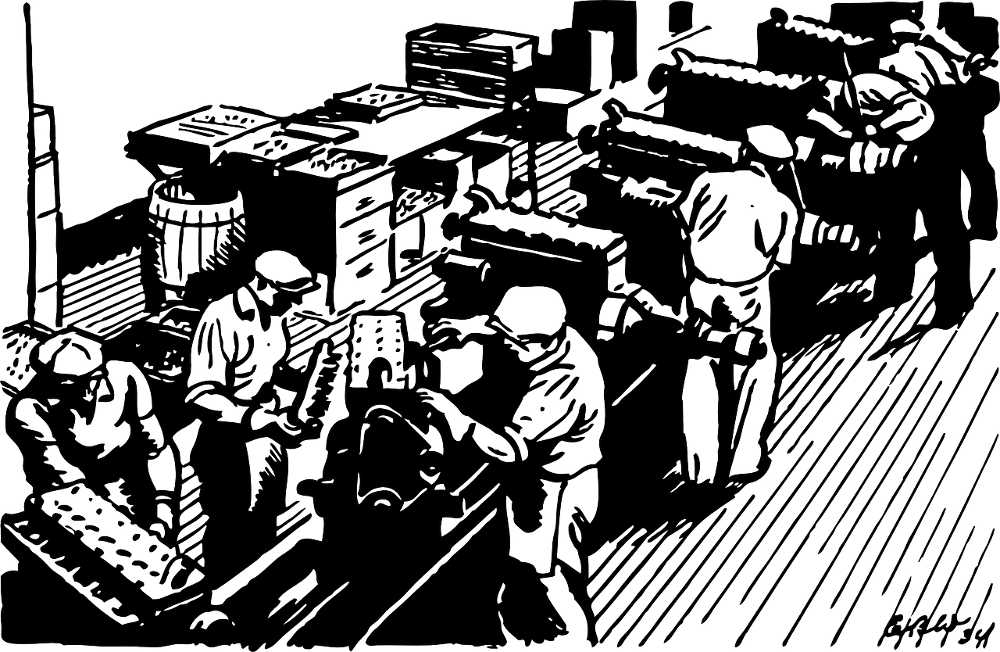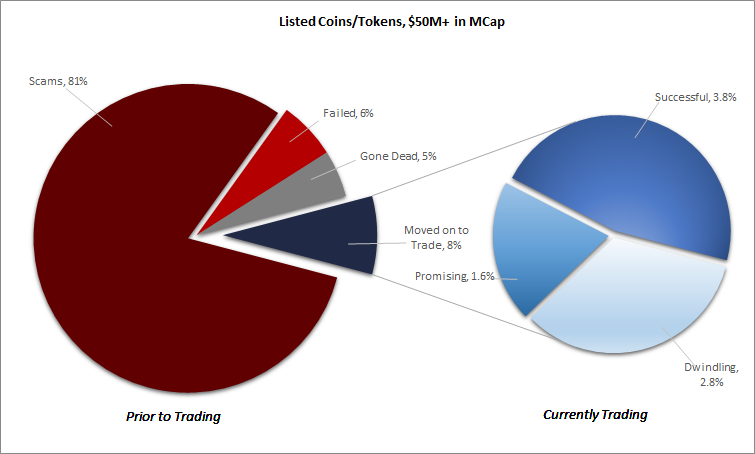How manufacturers can use blockchain to transform their supply chains, drive business value and remain competitive.
Blockchain in Manufacturing: Driving Business Value Through Supply Chain Management
Over the last decade, global manufacturers have had to navigate a volatile, technologically accelerating and fast-moving economic environment.
Changes in consumer expectations, technological advances, increased complexities in global supply chains and rising compliance burdens have now made transparency, traceability, accountability and efficiency more critical than ever before.
Transparency is now an emerging default for competitiveness
The capacity to see into manufacturing processes on a granular level and be able to share these processes with external stakeholders has become paramount as it sends a signal of credibility and trust to consumers that are crying out for openness.
New technologies are enabling consumers to gain an unprecedented window into the global economy and the opaque supply chains that fuel it. Issues such as worker exploitation and environmental degradation are more visible to the public than ever before. As a result, consumers are demanding to know where and how the products they buy get made. They are reimagining a fairer, more sustainable economy, holding companies accountable for their actions by changing purchasing habits and boycotting companies that remain closed and secretive.
Traceability & accountability
There are several driving factors behind the need for manufacturers to develop enhanced traceability into their operations and increase their ability to assign accountability. Product provenance is now an essential consideration for many consumers when purchasing goods and services.
The proliferation of counterfeit goods which has led to growing consumer concerns over authenticity is another driving factor. Counterfeiting has caused a decline in consumer trust and reputational damage to brands across almost every industry. It has even resulted in significant health and safety issues for consumers, especially in the food and pharmaceutical industries. The widespread contamination of infant formula in China, which led to the deaths of infants and young children, is one such example.
A 2017 study from Global Financial Integrity (GFI) estimates the global trade value of counterfeit and pirated goods to generate between US$923 billion to $1.13 trillion annually. According to a report commissioned by the International Trademark Association (INTA) and the International Chamber of Commerce, the global value of the counterfeit market in 2015 stood at $1.7 trillion.
Another driving factor is regulatory compliance. Governments have begun introducing game-changing regulations that put unprecedented demands on companies. Large corporations in the European Union, for example, are now required to file annual reports on their corporate social responsibility, detailing their policies and activities on issues such as human rights and protecting the environment. Regulations like the European directive on non-financial reporting or the UK Modern Slavery Act, are set to require companies to disclose reliable and transparent information about their business footprint.
Across the Atlantic in the US, former President Obama signed the Trade Facilitation and Trade Enforcement Act (H.R. 644). Section 910 of this law strengthens restrictions on the import of goods into the United States produced with forced labor.
Source/More: Blockchain in Manufacturing: Driving Business Value Through Supply Chain Management














